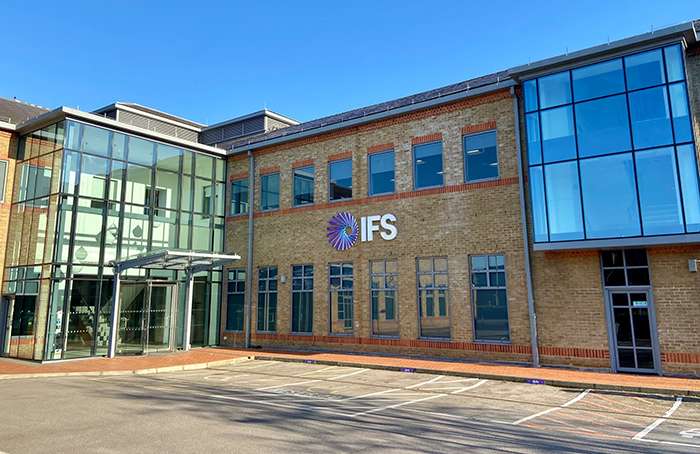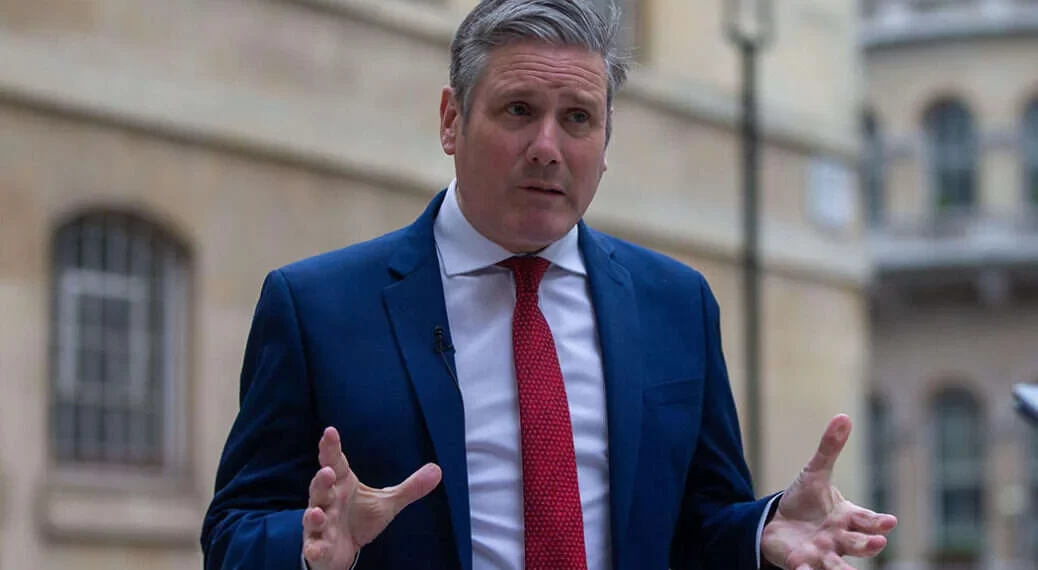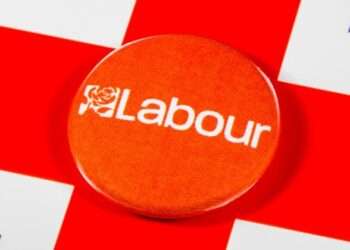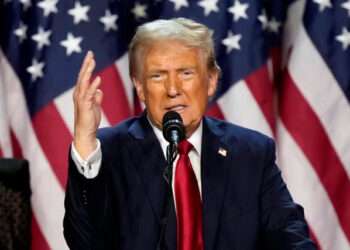Labour has confirmed that stamp duty for first-time buyers will increase next year if they win the forthcoming election. The party plans to allow a temporary tax break, initiated by the Conservatives, to lapse.
A Labour spokesperson announced on Friday, June 28 that the threshold for stamp duty will revert to £300,000. This comes after it was elevated to £425,000 in 2022 by Rishi Sunak.
This clarification follows Keir Starmer’s earlier comments suggesting the end of another tax relief during an interview.
Originally, Sunak had set the higher threshold to remain until April 2025, but he has now committed to making it a permanent fixture if the Conservatives secure a win, at an annual cost of nearly £600 million by the end of the parliamentary term.
Labour, however, has refrained from making such a commitment, criticizing the Conservatives for what they term as unfunded promises. On Friday, the party reaffirmed its intention to let the tax break expire.
Starmer indicated his intention to abolish the rule allowing individuals to withdraw 25% of their pension as a tax-free lump sum.
He stated, “It runs out in a number of years, and we’re not going to renew it.” This statement prompted clarification from party officials, noting that the 25% tax relief is a permanent feature without an expiration date.
They explained that Starmer meant to reference temporary tax reliefs, such as the elevated stamp duty threshold for first-time buyers.
“The ability to withdraw 25% of your pension as a tax-free lump sum is a permanent feature of the tax system and Labour is not planning to change this.
“Keir was referring to temporary tax breaks in the system that are due to expire and which the public finances assume will not continue, like increasing the stamp duty threshold for first-time buyers from £300,000 to £425,000.”
A Labour spokesperson
Throughout the election campaign, Starmer has been tasked with defending his financial plans, promising no return to austerity while also being vague on funding increased departmental spending.
Economists at the Resolution Foundation have recently warned that the next government will face a £33 billion gap in public finances, necessitating sharp spending cuts or tax increases to bridge the shortfall.
Voters Left Guessing
The Institute for Fiscal Studies has accused both main parties of a “conspiracy of silence” over the severe economic decisions they will need to make if victorious.

Starmer has pledged not to raise income tax, national insurance, or VAT but has left the door open for hikes in other, smaller taxes.
It was revealed last week that Labour is contemplating increasing capital gains tax and inheritance tax, potentially in a budget session slated for early October.
Despite these financial pressures, Starmer remains confident in Labour’s plans, asserting that they are sustainable without additional taxes.
He argued that economists are overlooking the potential for higher growth following a Labour win. The party plans to invest significantly in green energy and liberalize planning regulations to stimulate the UK’s economic growth.
“Many of the assumptions made by the IFS and others are based on the premise that growth will remain stagnant,” Starmer said on Friday.
“I don’t accept that. I believe we can initiate growth immediately.”
This bold stance is part of Labour’s broader strategy to convince voters that they can manage the economy more effectively, promising innovation and sustainability without additional tax burdens on the general populace.
The impending election will undoubtedly put these economic visions to the test, with the future of the UK’s financial policies hanging in the balance.
READ ALSO: Actress Sharon Ooja Shares Love Story





















